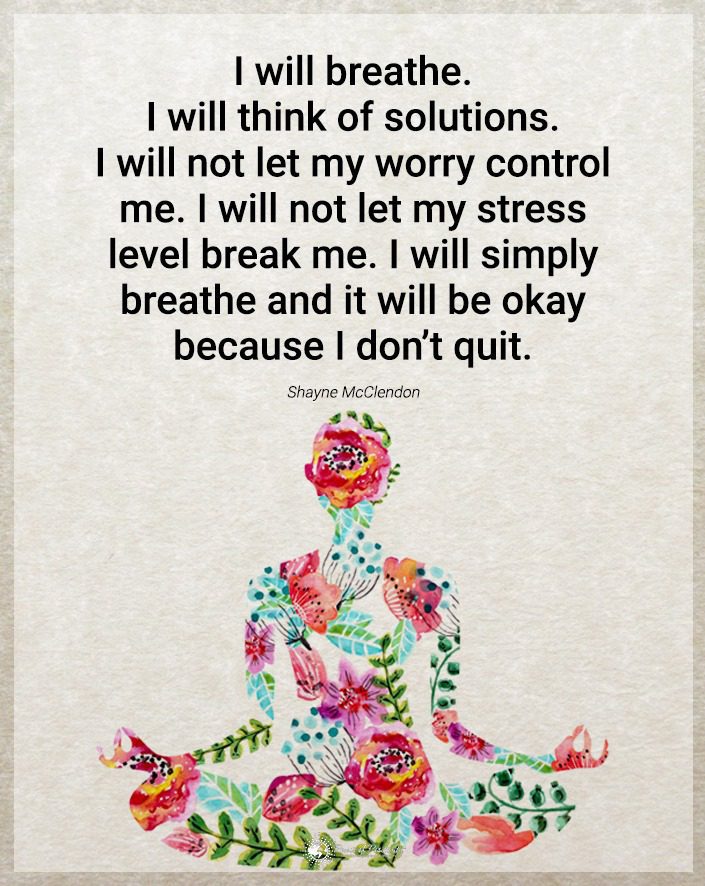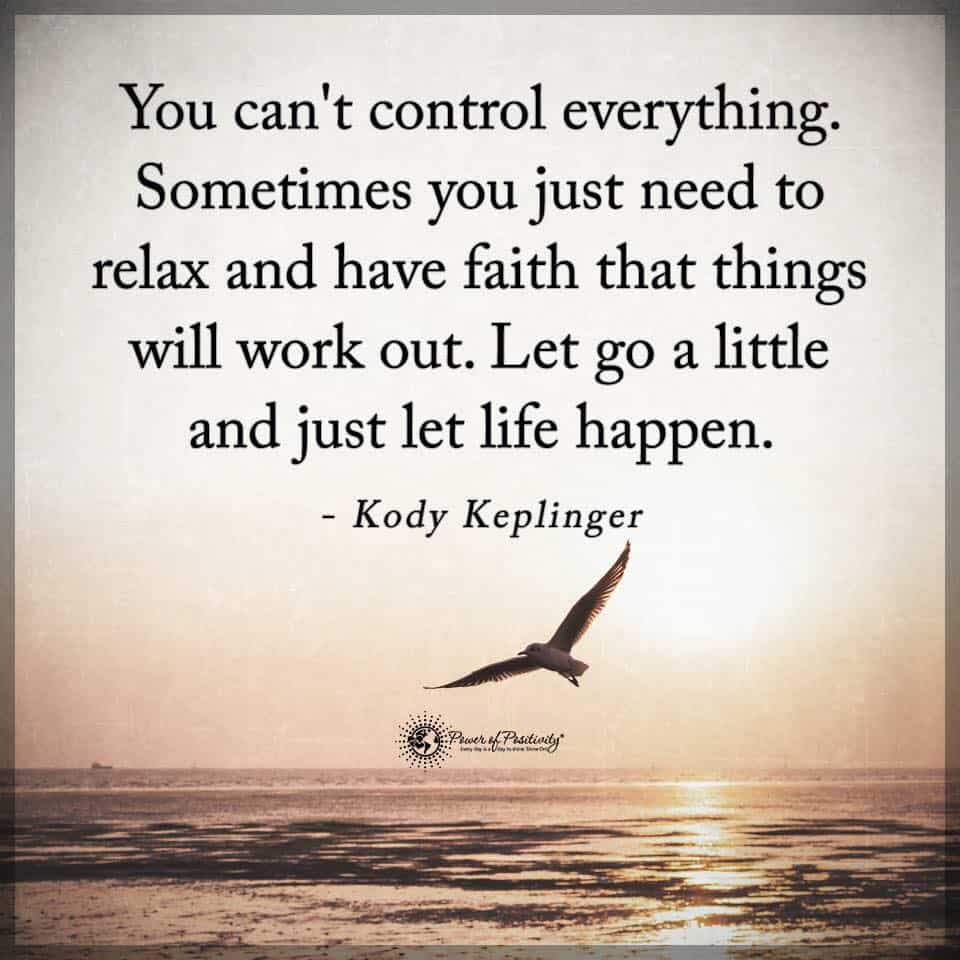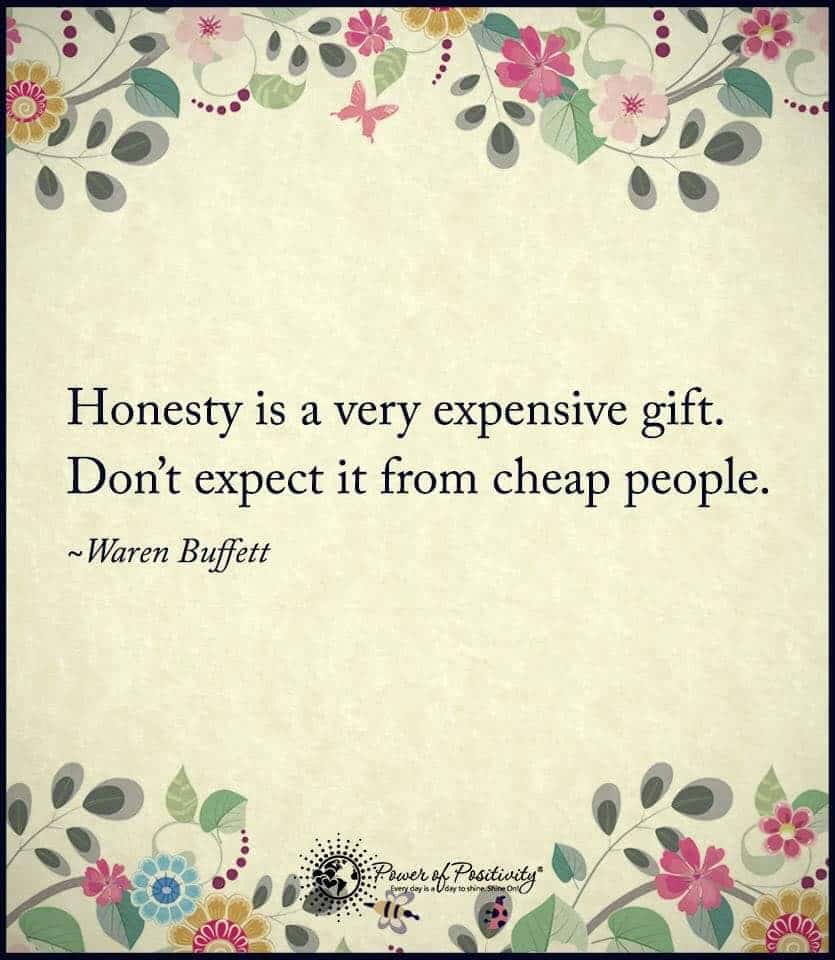Stress is pretty much unavoidable in a relationship – any relationship. Intimate relationships, such as marriage or boyfriend/girlfriend, can be particularly taxing. But, while stress is unavoidable in relationships, it doesn’t need to define it.
Frequent stressful episodes, however, are never a good thing. When you and your partner are constantly under the pressures that stress brings, the relationship is at risk of failing. To avoid this, it is necessary to identify and attempt to mitigate the stressors.
Here, we’ll discuss ten common signs that a relationship suffers from stress. Hopefully, should you identify with any of them, you and your partner can work things out!
Here are ten signs that your relationship is suffering from stress:

1. You don’t have any ‘me’ time
Because our lives are so busy, it is easy to feel that alone time is near-impossible. When things begin to create a sense of emotional overwhelm, it is a clear-cut sign of too much stress. This affects the relationship because internal stressors will (almost always) surface in the home. This creates a sense of disconnect.
It’s important to schedule some time – even if it’s just a few minutes each day – for doing things that are enjoyable to you. Discuss this with your partner.
2. Intimacy and sex are increasingly rare
In the early stages of a relationship, intimacy and sex are usually not a problem. There’s a sense of novelty, and excitement – not to mention adoration – of your partner. It’s normal for this sexual excitement to wane a bit; but it’s not normal for intimacy or sex to be very rare.
Intimacy is vital in a relationship. As such, it is necessary to have constructive dialogue with your partner. Even if one of you lacks the drive for sex, find other ways to be physical and nurturing.
3. You/your partner are not listening to each other
When either you/your partner try to engage in a conversation, and it becomes increasingly one-sided, it may be a sign that stress is present. Short, sharp answers – ones that don’t require any thought – are another pretty obvious sign.
Try to ask what’s wrong, and work on finding a solution to any underlying problems. This may help promote an environment for more constructive communication.
4. You/your partner are not interested in communicating
This one is similar to #3, but is a bit more serious. When communication is nearly absent, it’s likely that a serious problem exists that is causing significant stress. Effective communication is absolutely critical in a relationship; the lack of which can quickly end it.
It’s important that this is addressed, and done so quickly. Whether through the help of a counselor, or an obligatory sit-down with your partner, a solution is needed.
5. You/your partner are spending more time with others than each other
There’s actually a term for this – it’s called “escapism.” Also known as avoidance behavior, allocating more time for others, and less for their partner, is almost always a very bad sign. This can even take place in the home, where your partner is spending more time with kids or pets.
The solution is to convey how such behavior makes your feel, and seek out professional guidance, if necessary.
6. You/your partner are spending much more time pursuing hobbies
Every man or woman has things that they really enjoy doing, which is great. We all need an escape from time-to-time. However, when hobbies become what appears to be an obsession, this could mean trouble for a relationship.
Try to empathize here, telling your partner that it’s great that they have hobbies. Perhaps suggest things that both of you could do together that would be fun.
7. You/your partner’s common habits begin annoying you more
Rising agitation at your partners well-known habits could be the result of accumulating stress. Snoring, for example, is common habit that can be annoying. Normally, either a solution is found or the other person learns to simply accept it. But, when it becomes almost unbearable – maybe ever to the point of sleeping on the couch – it’s a stress problem.
Once again, communication is critical here. The agitated partner needs to convey their feelings in an honest, constructive manner.
8. You/your partner are drinking more frequently
Excessive alcohol consumption during a relationship usually stems from one of two things: alcoholic tendencies, or as a means of stress relief. Either way, this sudden abuse of alcohol can quickly destroy a relationship; as it is much more likely that underlying stress will exacerbate – for both people involved.
The person doing the drinking must be open to feedback, which can be difficult if many relationship stressors are present. It may be necessary see a professional in this case for advice.
9. You/your partner mention separation or divorce
Pretty obvious one here. When stress levels reach a point where the relationship is damaged, it is common for one or both people to mention separation or divorce. This is not to be taken lightly, as the suggestion of such can cause severe emotional harm.
Related article: The Singlemost Important Thing Married Couples Can Do To Stay In Love
That said, sometimes divorce or separation is the answer. Before making such a life-changing decision, however, a constructive dialogue must be possible. This may require the intervention of a relationship counselor, lawyer, or other professional.
10. You/your partner make excuses why you can’t “be there”
Really, this is just another example of avoidance behavior. If someone comes up with excuses why they can’t be present for something – especially something important – it may indicate that the person is already disconnecting from the relationship. Obviously, there’s a lot of stress involved; not to mention the emotional harm inflicted on the people affected by their absence.
First, honest communication from both people is essential in resolving the problem. However, the intervention of a relationship counselor or other professional is often necessary.









